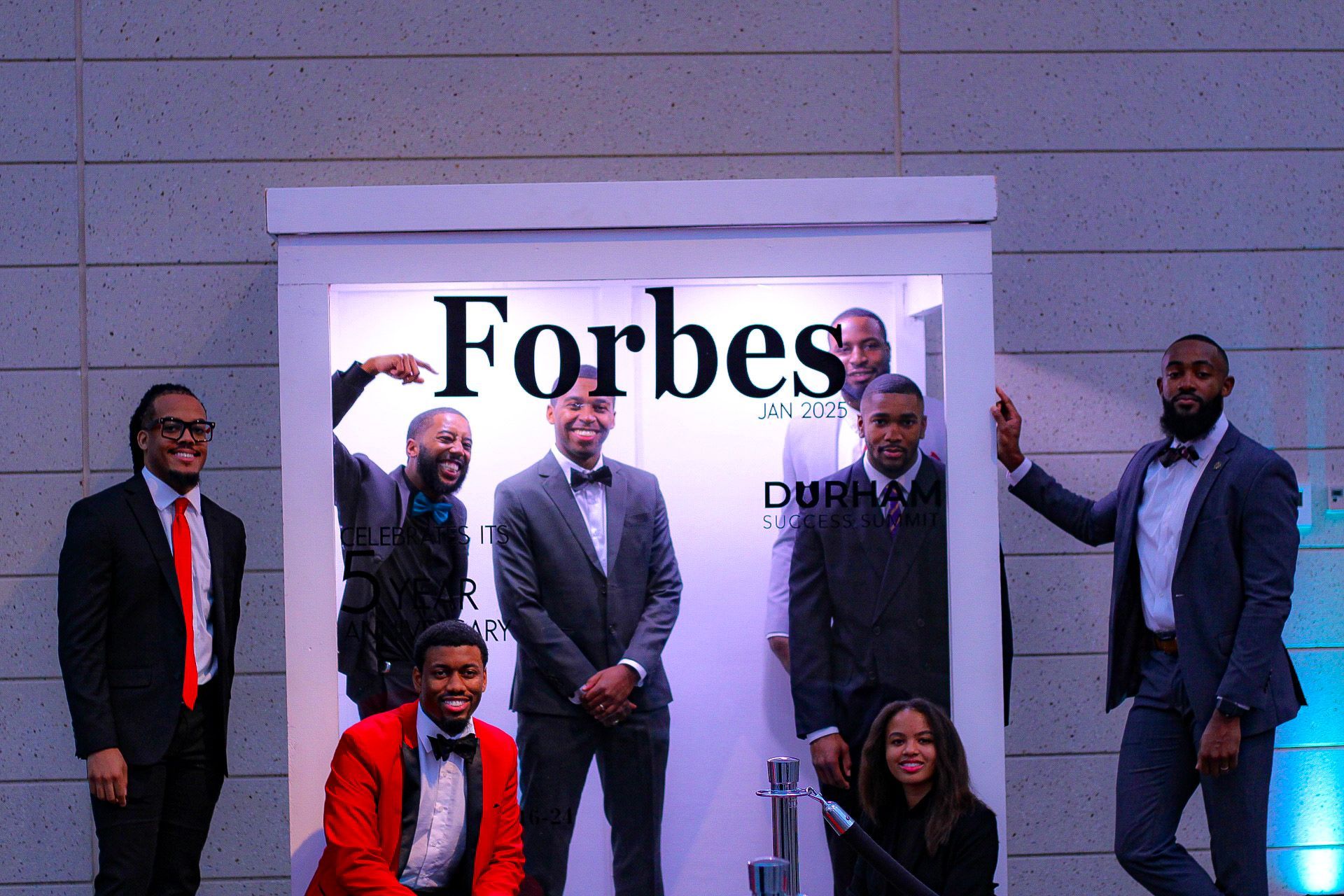Durham Needs A Commission on Black Males
It is time to engage our new City Council on relevant and critical steps our city needs to take in order to achieve the resplendent vision proclaimed on the steps of the Lincoln Memorial in 1963.
In the bureaucracy of the political world, years have a way of slipping by in the blink of an eye while significant accomplishments and achievements always seem to fall by the wayside in lieu of competing reelection campaigns and political strategy priorities. But the fact is that the City of Durham cannot let another single day go by without urging our City Council to be bold in their approach to fulfill campaign promises. That is why I call to establish a Commission on Black Males.
This initiative is essential for Durham to keep pace with similar inner-city communities like Boston, Philadelphia, Indianapolis, and Bloomington and would be directly aligned with the Commission on the Social Status of Black Men and Boys Act passed bipartisanly and overwhelmingly by the U.S. House of Representatives in July 2020.
We are on the very edge of a transformative time in both our nation’s and our city’s history. If we aim to remain both a competitive and viable economic and social inspiration, we need to recognize and respond to the needs of our constituents. And we must represent our entire demographic, including and especially those who have been historically under served.
Among many other missions, the Commission on Black Males can work closely with our City Council to study the devastating effects gang violence has on the black male population. According to a 2019 report released by the Durham Gang Reduction Strategy, “of the 2,060 validated gang members in the Durham Police Departments Records Management System, 82% were identified as Black/African American.” In addition, there were 43 homicides in Durham attributed to gang violence in 2021, an unsettling 35% increase over 2020.
The Commission on Black Males could work with university leaders to look at the education disparity in the black male population. According to the latest demographic data, both the high school (97% vs 88%) and college (67% vs 34%) graduation rates for the Black demographic lag behind our counterparts. This disturbing trend highlights the fact that the graduation gap is widening between Black and white students. We should never exclusively accept that general increases in overall college graduate rates lead to gains for all student populations.
The poverty rate for the black population in Durham is likewise disparate. While the overall poverty rate in our city is approximately 16%, you are almost 2.5 times more likely to live below the poverty line if you are Black (19%) than if you are white (8%). You are also more than twice as likely to be unemployed if you are Black (6.6%) than if you are white (3.1%).
Let’s be clear. The recommendation to establish this commission is not a revolutionary concept. The Bloomington Commission on the Status of Black Males was established in 2001. The Boston Commission on Black Men and Boys was first proposed in 2014. The Mayor’s Commission on African American Males in Philadelphia was established by a voter referendum in 2016. And these cities are well ahead of the curve in terms of identifying the issues that impact the daily lives of Black men and boys and then advising on an appropriate course of action to start closing the gaps that exist in our communities.
Our time is here. We have positioned the exact right people at the exact right moment in time to move this initiative along. I believe in this City Council. I have great faith that council members like Leonardo Williams and Mark Anthony Neal, who have been vocal advocates of change for our youth, will step assertively into their roles and take the necessary steps to assure a brighter future for Black males in Durham. I have great confidence that Mayor Elaine O'Neal, who has surely seen the corollary effects of the Black male population growing up without a plan of structured guidance from her honored seat in chambers, will promote and lead this vital project for the citizens of Durham.And so now our elected and esteemed officials must brave this first step by following the lead of Boston and Philadelphia and Bloomington. Our very future depends on it.
HELP US HELP OTHERS
Support our student so they can thrive and achieve their goals
Your donation goes directly to support young men in our program





